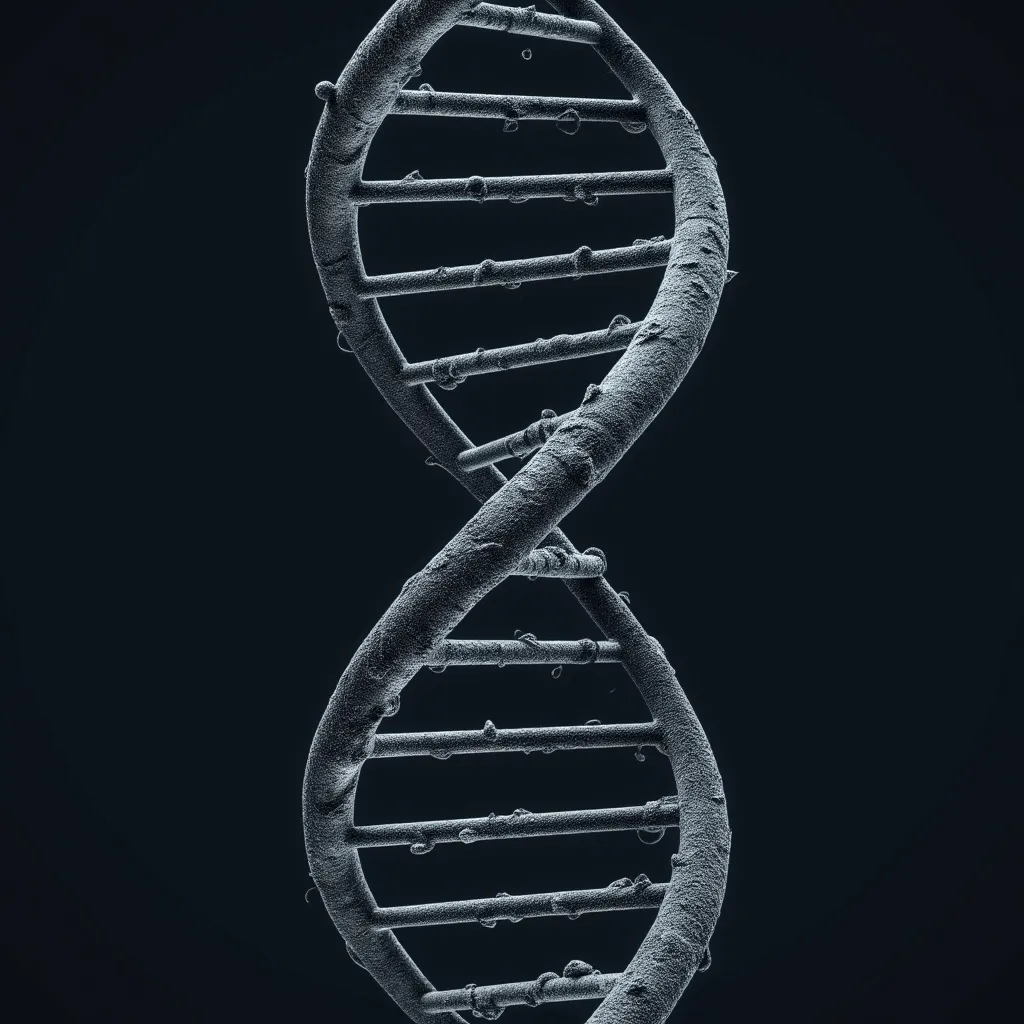Unveiling the National Geographic DNA Test
Discover the ins and outs of the National Geographic DNA Test, once a pivotal player in the world of ancestry tracing. This article explores the legacy and intricacies of the National Geographic project and its impact on understanding human history through genetics.
A Brief Overview of the National Geographic DNA Test
Launch of the National Geographic DNA Test represented a significant step in the field of genetic testing. Part of the larger Genographic Project, this initiative aimed to map historical human migration patterns through DNA analysis. Between 2005 and 2019, National Geographic worked with partner geneticists to collect and analyze DNA samples from people worldwide.
The Science Behind the Test
The analysis in the Genographic Project made use of mitochondrial DNA (mtDNA) and Y-chromosome DNA (Y-DNA), which are inherited maternally and paternally, respectively. Unlike autosomal DNA tests, which provide information related to more recent ancestry, mtDNA and Y-DNA shed light on distant ancestral information by tracing human lineage back thousands of years.
Methodology and Data Collection
Participants submitted saliva samples, which were then analyzed to pinpoint markers in their DNA linked to historically significant genetic groups. These groups, identified by haplogroups, allowed for a broad analysis of migratory patterns and ancestry going back tens of thousands of years.
The project also utilized cutting-edge technology and drew from a diverse, global DNA database, which helped strengthen the conclusions related to patterns of human migration out of Africa and across the globe.
End of an Era: The Genographic Project Conclusion
The project concluded in 2019, ending the direct sale of DNA kits for National Geographic's ancestry testing. However, the immense dataset compiled through this effort provides ongoing value to researchers studying human history and genetics. Data collected from these tests remain a vital contribution to understanding human geographical history and migration.
While the National Geographic DNA Test no longer operates, individuals interested in DNA testing have options, such as ChatDNA, which offers analysis focused on health and wellness, using existing data from previous tests.
Impact and Legacy of the National Geographic DNA Test
The findings from the Genographic Project enhanced the academic understanding of ancient migration and the genetic diversity among humans. By drawing on genetic evidence, it confirmed theories about early human migrations and shed light on less certain aspects of how different populations evolved and spread across continents.
National Geographic has emphasized that participants' data was not intended for medical diagnosis or contemporary ancestral tracing, a distinction that can be important when understanding personal genetic information.
Alternative Services and Future Prospects
Today, anyone interested in genetic testing might consider other services beyond traditional ancestry platforms. Companies like ChatDNA allow users to obtain further insights into their DNA, such as health and wellness reports, by repurposing existing genetic data from tests like the Genographic Project.
Conclusion
While the National Geographic DNA Test has concluded, its legacy continues to influence genetic research and understanding of human history. The project's contributions to genetic knowledge provide a foundation for ongoing studies. For those seeking tailored genetic insights today, many services can offer contemporary options, ensuring continued access to this information.
What is ChatDNA?
ChatDNA can analyze your DNA to answer any question. When you ask a question it will provide clear explanations and meaningful insights about who you are at a genetic level.
You can import existing DNA results from all major services like 23andMe and AncestryDNA or purchase a new DNA test kit through ChatDNA.
ChatDNA is especially valuable for anyone interested in:
- Understanding how their genes influence health and wellness
- Learning about their unique genetic traits
- Discovering personalized insights about their biological characteristics
- Getting clear, conversational answers to their DNA-related questions
Ready to get answers about your DNA? Visit ChatDNA.co to get started.
